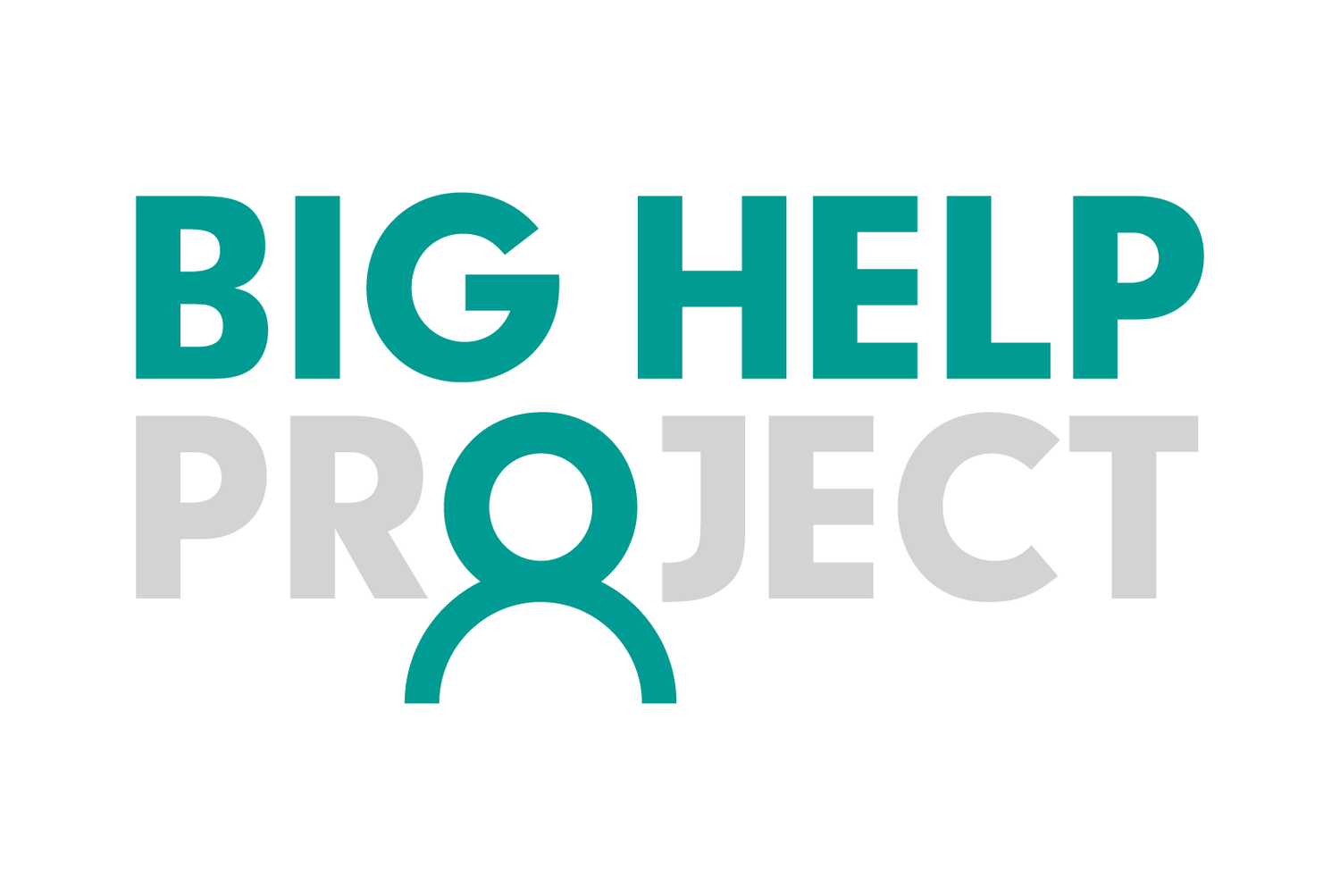Navigating Higher Education: Challenges Beyond Grades and Degrees
Note: This Blog touches on sensitive topics in relation to mental health. If reading this Blog affects you in any way please see below for some resources you can use.
The university experience – from application to study – is becoming more challenging, and those who do not meet the course requirements have been warned about scarcer places on higher-ranking courses. UCAS have advised that applicants who fail to meet their grade offers upon results day will have to ‘act quickly’ to secure a place elsewhere. This factor is a huge barrier for students, but it isn’t the only one that may impede on a pupil’s ability or desire to attend university.
Evolving (and hidden) entry requirements
Outside of the concrete entry requirements set by universities and their department leads, there are a number of factors that keep students from a university place – or even applying in the first place. It was reported this week that admissions officers are now handling a large influx of applications rather than the typical process of academics reviewing personal statements, giving them much less time to read the pieces submitted by prospective students, some only two minutes per application.
Whilst this is a practical consequence, and done for the sake of efficiency, not all students’ writing styles and abilities can encapsulate their potential as a student in the first two minutes of a statement. This has come amidst debate on whether or not personal statements should be such a significant element of the admissions process, many arguing that it favours students who have more support or cultural capital at home. The difference between students’ personal statements is heavily influenced by support within schools and at home, so maintaining its significance has the potential to widen disparities between students – in particular, children of parents who did not attend university themselves and do not fully understand the system through which their child is being assessed.
In addition to this, money is perhaps considered as much an entry requirement to university as the formal one. Despite the safety net of student loans, many students see this as an additional financial barrier that they will have to cross post-graduation, deterring a number of prospective undergraduates from even considering university in the first place.
They wouldn’t be wrong in their financial fears as – even forgoing tuition fees – the cost to live at university in itself is steep. Estimates place student accommodation in Liverpool as anywhere between £290 and £900 per month, with almost £100 spent on transport. This doesn’t even include weekly food costs or costs associated with the social and entertainment aspects of university life.
‘Low-value degrees’?
There has been a good amount of discussion on ‘low-value degrees’, Prime Minister Rishi Sunak pledging last month to force English universities to cap the number of students on these courses. His definition being ‘one that doesn’t lead to a graduate job, postgraduate studies, or starting a business’.
This pledge has garnered its fair share of criticism, many noting that it disregards the accomplishment in itself that is earning a university place, especially for first-in-family students. Higher education allows students to become better informed of the world around them, better educated in the subject of their choosing – something that they are passionate about regardless of its contribution to the economy – and something from which value can be manifested in many ways following graduation, but the intention with limiting the number of students on courses such as in arts and humanities is to boost jobs and the economy amidst such an economically challenging period for the country.
University living standards
Another barrier to university is the poor standard of living that may force a student to cut their studies short, leaving them without the degree that they undoubtedly worked hard on applying for.
The Unite Students Applicant Index (2023) shared that ‘almost one-in-three applicants will start university this September with a history of missing education due to their mental health’. Nick Hillman (Director of the Higher Education Policy Institute) said that ‘the mental health of young people had taken a big knock even before the shock of the pandemic and it worsened during the crisis.”. The state of mental health and wellbeing within universities does little to dissipate these statistics, as recent reports demonstrate that 57% of respondents to a ‘Student Minds’ survey self-reported a mental health issue, a number of cases resulting in poor academic performance, dropping out of university, to more extreme cases of self-harm and suicide.
Academic and financial pressures contribute largely to poor living standards of university students, and the looming student housing crisis also plays a significant part. University accommodation provider Unite have said that its properties are already 98% sold for the upcoming academic year, a record high for their reservation rates. This coupled with nationwide increases of rental prices means many students cannot afford to maintain accommodation, weekly food shops, and the remainder of university living expenses.
Amidst a growing cost-of-living crisis and immense pressures on young people to pursue an education considered ‘worthwhile’ in the eyes of intended policy, these factors are only a handful of challenges being faced by students from all backgrounds, but disproportionately affecting those from backgrounds with less social and financial support.


